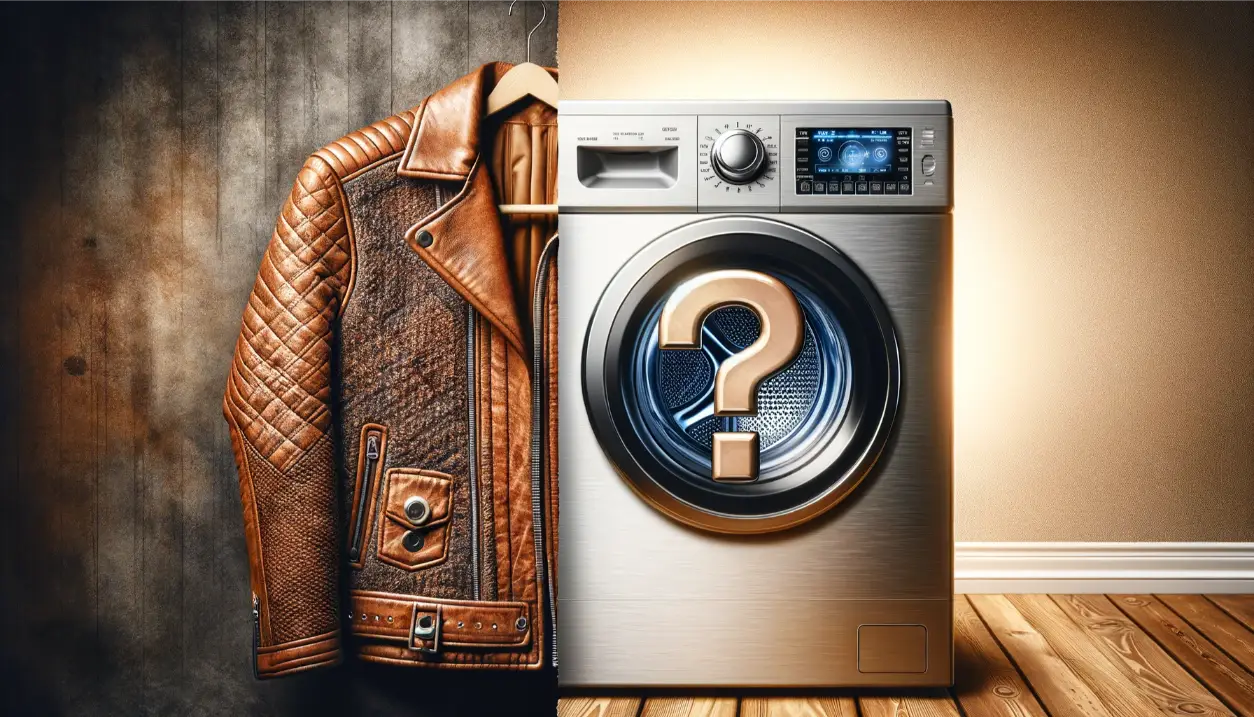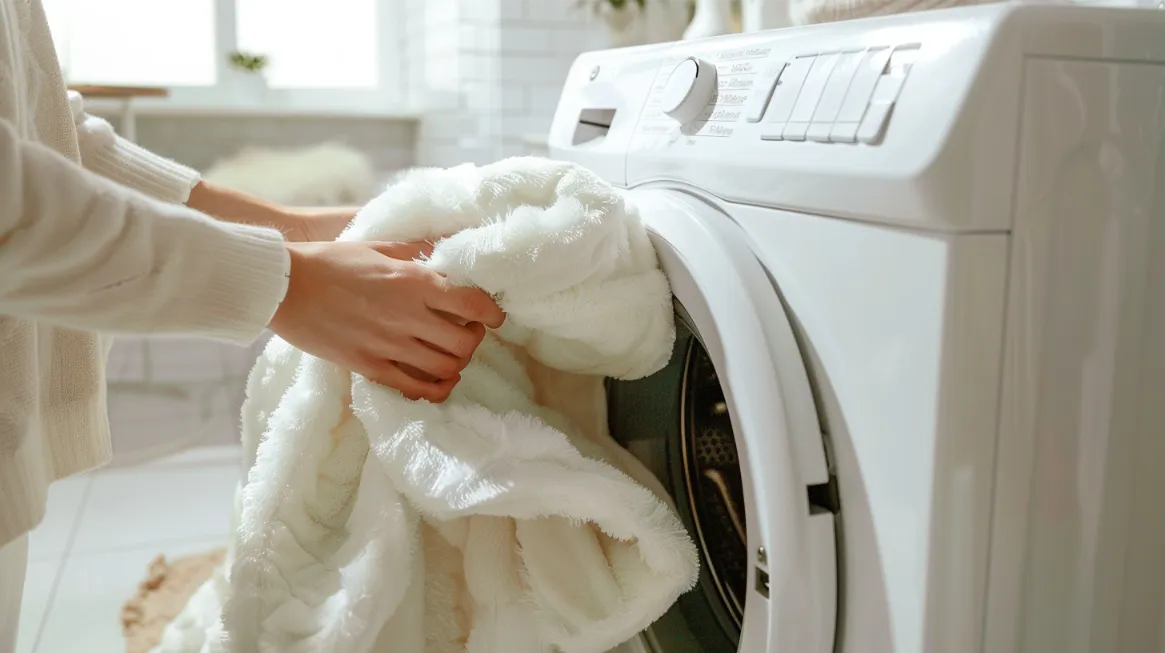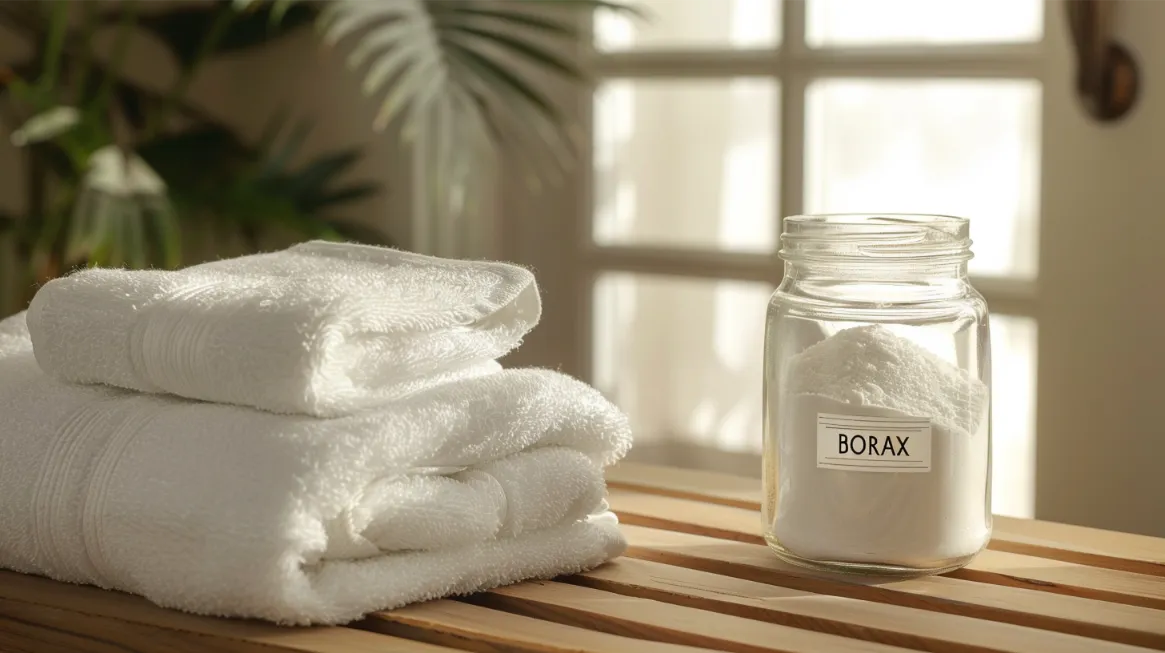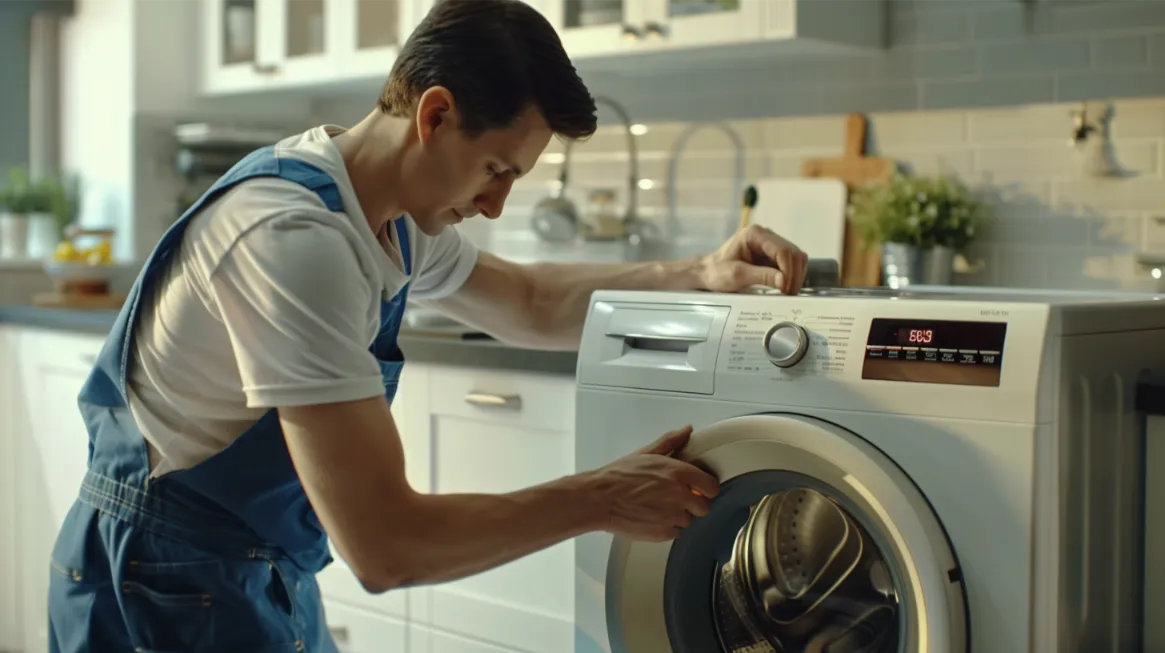Navigating the realm of laundry appliances can be overwhelming, especially when determining the appropriate washer size for specific laundry items, such as a king-size comforter. Conventional wisdom suggests that a washing machine with a capacity of at least 4.5 cubic feet is necessary, but is this always the case?
What about comforters of varying thicknesses or materials? Does the type of washing machine – front-loading versus top-loading – impact the washing efficacy? It seems prudent to explore these questions further to ensure optimal care for our king-size comforters.
Key Takeaways
- A washing machine with a capacity of at least 4.5 cubic feet is essential for effectively cleaning a king-size comforter.
- With their larger capacities and gentler washing action, front-loading washers are recommended for king-size comforters.
- Energy Star-certified front-loading washers can offer significant energy savings, making them a sustainable choice.
Understanding King Size Comforters
King-size comforters, distinctively larger and heavier than standard comforters, necessitate an appropriately sized washer for efficient cleaning, with factors such as fabric type and filling material influencing the optimal washing procedure. As the name suggests, their substantial size offers greater coverage and warmth but poses unique washing challenges. To maintain their comfort and aesthetic appeal, regular cleaning is essential. Over time, dirt, dust, body oils, pet dander, and allergens can accumulate, necessitating thorough washing.
While the washer size is a critical aspect of the washing process, following the manufacturer’s care instructions is equally crucial for maintaining the quality and longevity of the comforter. These instructions often provide specific recommendations about water temperature, detergent type, and washing cycle tailored to the comforter’s fabric and filling material.
For washing king-size comforters effectively, a washer with a capacity of at least 4.5 cubic feet is typically recommended. This size allows for adequate space for the comforter to move freely in the washer, facilitating thorough cleaning and preventing damage. However, the exact washer size may vary depending on the comforter’s specific dimensions and bulk.
Factors Affecting Washer Choice
Selecting an appropriate washer for a king-size comforter involves several critical factors. The dimensions of the comforter must be compatible with the washer’s capacity for efficient cleaning.
Furthermore, the type of washing machine, either top-loading or front-loading, also influences the cleaning efficacy and the overall care of the comforter.
Comforter Size Considerations
When considering the appropriate washer size for your king-size comforter, it’s important to consider factors such as the comforter’s fabric type, filling material, and the manufacturer’s care instructions. These variables greatly impact the capacity needed for your washer, the use of a gentle cycle, and the necessity for pre-treating stains.
Key factors to consider include:
- Fabric Type: Certain fabrics require more delicate washing cycles and detergents.
- Filling Material: The material inside your comforter can affect how it is washed and dried.
- Manufacturer’s Instructions: Always follow these to ensure the longevity of your comforter.
- Pre-Treating Stains: This may require additional space in the washer.
- Washer Capacity: A washer with at least 4.5 cubic feet is recommended for king-size comforters.
Washer Capacity Importance
Understanding the importance of washer capacity and other key factors is paramount to choosing the right appliance for effectively cleaning your king-size comforter.
A washer with a capacity of at least 4.5 cubic feet is recommended to accommodate the size and weight of a king-size comforter, ensuring thorough, gentle cleaning.
The appliance should have an adjustable agitation mechanism that safeguards the comforter’s quality while providing comprehensive cleaning.
Additionally, control over water temperature is crucial, as different fabric types require varying degrees of heat for optimal cleaning.
An ample detergent dispenser and an adjustable spin speed further aid in effectively washing and drying your comforter, underscoring the significance of washer capacity in the selection process.
Type of Washing Machine
The type of washing machine you choose plays a significant role in effectively cleaning and preserving your king-size comforter, with capacity and washing as critical considerations.
Considering various washing machines, the following factors impact the cleaning and longevity of your comforter:
- Front-loading washers: Recommended due to their larger capacity and gentle washing action that can handle a king-size comforter.
- Top-loading washers: Less suitable due to smaller capacities, which limit their ability to wash larger items effectively.
- High-efficiency top-loaders: These offer similar capacities to standard models, typically around 3 to 3.5 cubic feet.
- Capacity requirement: A king-size comforter requires a washing machine with at least 4.5 cubic feet capacity.
- Longevity: The type of washing machine can impact the lifespan of your comforter.
Ideal Washer Sizes for Comforters
Navigating through the plethora of washing machine options, one finds that a washer with a capacity of at least 4.5 cubic feet is generally recommended for efficiently cleaning king-size comforters. A washer’s capacity is a critical consideration, as it directly impacts the effectiveness of the cleaning process and the lifespan of your comforter.
Front-loading washers, known for their larger capacities, are often preferred for washing king-size comforters. Their design facilitates larger items’ movement and thorough saturation, ensuring comprehensive cleaning. However, a larger washer with a capacity of 5 cubic feet or more may be more suitable for thicker comforters with more filling. These machines provide more room for the comforter to move freely, allowing for better water and detergent penetration.
Commercial washers, typically found in laundromats, are also a viable option. They are designed for heavy-duty use and can easily accommodate larger items like king-size comforters. Regardless of the chosen machine, always consult the manufacturer’s instructions or a professional to ensure compatibility with specific comforter sizes and materials. Such precautions can prevent unnecessary wear and tear and promote a longer lifespan for your comforter.
Comparing Front and Top Loaders
When comparing front and top loaders, there are three main considerations: differences in load capacity, energy efficiency, and space and installation requirements.
Front-loading machines typically boast larger capacities, are ideal for king-size comforters, and are frequently more efficient in their use of water and electricity. However, the physical space and installation requirements of front-loaders may differ significantly from top-loaders, impacting your final choice.
Differences in Load Capacity
Understanding the differences in load capacity between front and top loaders is crucial when considering the best option for washing king-size comforters.
- Front-loaders usually offer a larger capacity, at least 4.5 cubic feet, permitting the comforter to move freely during the wash cycle.
- Top-loaders have varying capacities, with some models offering space comparable to front-loaders.
- The spacious tubs of front-loaders are particularly suited to washing king comforters.
- While agitator top-loaders may have slightly smaller capacities, they can still effectively wash king-size comforters.
- Choosing a large-capacity washer, with at least 4.5 cubic feet, ensures a king-size comforter can be washed without overloading the machine.
Selecting the right machine capacity enhances the cleaning effectiveness and prolongs your comforter’s lifespan.
Energy Efficiency Comparison
Beyond selecting a washing machine with ample capacity for a king-size comforter, it’s also essential to consider the energy efficiency of front-loading and top-loading washers.
Front-loading washers typically outperform top-loaders in terms of energy efficiency. They use less water and energy per cycle, significantly reducing utility costs. Particularly, Energy Star-certified front-loaders can save up to 40% on energy usage compared to their top-loading counterparts.
Conversely, top-loaders, especially those with agitators, are less efficient as they consume more water and energy. Opting for front-loading washers lowers utility bills and promotes a more sustainable laundry routine.
Thus, energy efficiency should be considered when choosing a washer for a king-size comforter.
Space and Installation Considerations
How do the physical space and installation process differ between front-loading and top-loading washers, especially considering their capacity to handle king-size comforters? Front-loading washers generally have a larger capacity and provide more room for the comforter, making them the ideal choice.
- Front-loading washers typically have a larger capacity, ranging from 4.5 to 5.8 cubic feet.
- This size can effectively accommodate a king-size comforter.
- Top-loading washers usually have smaller capacities, ranging from 3 to 3.5 cubic feet.
- For washing king-size comforters, a front-loading washer with a capacity of at least 4.5 cubic feet is recommended.
- The larger capacity of front-loading washers allows for better water distribution and cleaning of bulky items like king-size comforters.
Essential Tips for Comforter Cleaning
Navigating the realm of comforter cleaning requires a keen understanding of several key considerations, including the importance of using washing machines with a drum capacity of at least 4.5 cubic feet for washing a king-size comforter effectively.
The drum capacity, or the space available inside the washing machine, directly affects the cleaning process. Suffocating your king-size comforter in a small space hampers its ability to move freely, thus compromising its cleaning efficiency.
Before tossing your comforter into the washer, pre-treatment of stains with a quality stain remover is advised. This step can greatly enhance the effectiveness of the subsequent washing process, particularly in the case of stubborn or old stains.
In addition to these steps, washing your comforter every few months is recommended. Regular washing keeps your comforter fresh and clean and helps eliminate allergens, dust mites, and other microorganisms, ensuring a healthier sleeping environment.
Lastly, it is paramount to follow the manufacturer’s care instructions. These guidelines help prolong the comforter’s lifespan and maintain quality. Ignoring these instructions could lead to irreversible damage to your comforter.
Addressing Common Washing Concerns
While understanding the appropriate washer size for king-size comforters is crucial, addressing common concerns that may arise during the washing process is equally important. When you wash a king-size comforter, you may encounter issues such as insufficient cleaning, uneven wear, or even damage to the comforter.
To mitigate these concerns, consider the following points:
- Make sure your washer has a capacity of at least 4.5 cubic feet. This ensures enough room for the comforter to move and get cleaned properly.
- Front-loading washers are generally better for washing king-size comforters. They have larger capacities and offer a gentle wash cycle, reducing the risk of damaging the comforter.
- For thicker comforters, opt for a washer with a larger capacity—5.0 cubic feet or more. This allows the extra filling to be thoroughly cleaned.
- If you can access a commercial washer, consider using it for heavy-duty cleaning. These washers typically have large capacities and robust cleaning capabilities.
- An extra rinse cycle can help remove leftover detergent, ensuring a clean and fresh comforter.
Following these guidelines can help you effectively and safely clean your king-size comforter.
Frequently Asked Questions
What size washer can wash a king-size comforter?
For optimal cleansing of a king-size comforter, a washing machine with a minimum capacity of 4.5 cubic feet is advisable. This size ensures the comforter is thoroughly cleaned and maintains its quality.
What size dryer is needed for a king-size comforter?
A dryer with a minimum capacity of 7 cubic feet is typically needed for a king-size comforter. This allows for even drying and accommodates the comforter’s bulk. Adjustable heat settings are also beneficial for fabric care.
What Is Considered a Large Capacity Washer?
A large-capacity washer typically refers to a machine with a tub volume of at least 4.5 cubic feet. Such washers are designed to handle large, bulky items and ensure thorough cleaning through proper agitation and rinsing.
Is 4.5 Cu Ft Washer Big Enough?
A 4.5 cubic feet washer is generally adequate for most laundry needs. However, a washer with a capacity of 5.0 cubic feet or more is recommended for large items such as king-size comforters.
Conclusion
In conclusion, selecting an appropriately sized washer significantly affects the quality of cleaning for king-size comforters. A machine with a capacity of 4.5 cubic feet or more, preferably front-loading, will provide optimal results.
Understanding factors influencing washer choice and effective cleaning strategies can mitigate common washing concerns.
The conscious choice of washer size fosters the longevity of comforters, preserving their warmth and aesthetic appeal.










